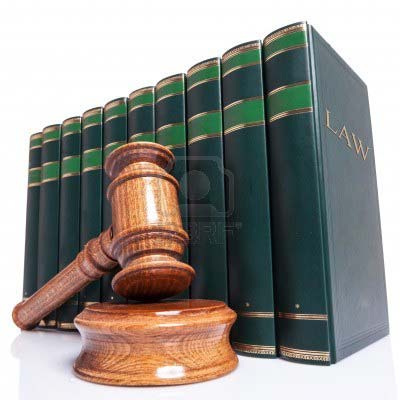
Originalism is a doctrine, or more accurately a family of doctrines, that can be used to interpret the Constitution. An originalist interpretation of the Constitution looks to the meaning as it was understood at the time of writing. For example, an originalist interpretation of the 8th amendment, barring cruel and unusual punishment, would only consider a punishment cruel if it was considered cruel in the 18th century. By contrast, a non originalist reading would stick to the text but would examine modern standards of cruelty to determine if a punishment was in violation. Justices Scalia and Clarence Thomas are the country’s leading originalists, but the doctrine has become increasingly popular, primarily but not exclusively among the right wing.
The 14th amendment reads in part “nor shall any State … deny to any person within its jurisdiction the equal protection of the laws.” The Court wasted little time in finding that this clause, referred to as the “equal protection clause”, protected citizens from state sponsored discrimination based on race. The original rulings were narrow however and permitted the creation of all white and all black schools, for example, so long as the facilities were equal. The “separate but equal” doctrine was famously overturned in 1954 in Brown v Board of Education. However, the Court rejected numerous attempts to apply the equal protection clause to cases of discrimination based on gender until a unanimous Court ruled in 1971 that a state could not enforce a law that mandated males be given preference over females as estate executors in probate court (Reed v Reed). As a side note, one of the attorneys that argued the case was Ruth Bader Ginsburg, herself a Supreme Court Justice today. It has been a matter of settled law in the years to follow that the government can not discriminate on the basis of gender, along with race and ethnicity. Yet despite his supposed respect of stare decisis, Scalia was the sole dissenting vote in a 1996 case that forced the Virginia Military Institute to end its practice of denying women the right to attend.
Scalia and the 14th amendment are back in the news because of the recent publication of an interview he gave back in November in which he said, among other things, “Certainly the Constitution does not require discrimination on the basis of sex. The only issue is whether it prohibits it. It doesn’t. Nobody ever thought that that’s what it meant. Nobody ever voted for that. If the current society wants to outlaw discrimination by sex, hey we have things called legislatures, and they enact things called laws.”
Justice Scalia apparently believes that the Constitution is meant to be read as a limitation on the rights of the people rather than a limitation on the power of the state. For nearly a century, women’s rights activists attempted to amend the Constitution to explicitly ban government sponsored discrimination based on sex, and after repeated setbacks the Equal Rights Amendment was finally passed by both houses of Congress in 1972 and sent to the states for ratification. All told, 35 states ratifies, 3 shy of the 38 required. Five of those states have since rescinded their ratifications, although the validity of those rescissions is in dispute. The bill passed by Congress in 1972 required ratification to occur by 1979, later extended to 1982, but no additional states ratified and the amendment is considered to be dead in the water today. Under Scalia’s interpretation, the failure of the states to ratify is an open invitation for continued discrimination based on gender.
Although even a rightward leaning Court is unlikely to reverse 40 years of anti discriminatory rulings, Scalia’s interpretation of the 14th amendment has plenty of allies, particularly when it is applied to discrimination based on sexual orientation. As the Proposition 8 case from California works its way through the system to the almost certain appeal to the Supreme Court, Scalia’s interview leaves little doubt as to how he would rule.
















































